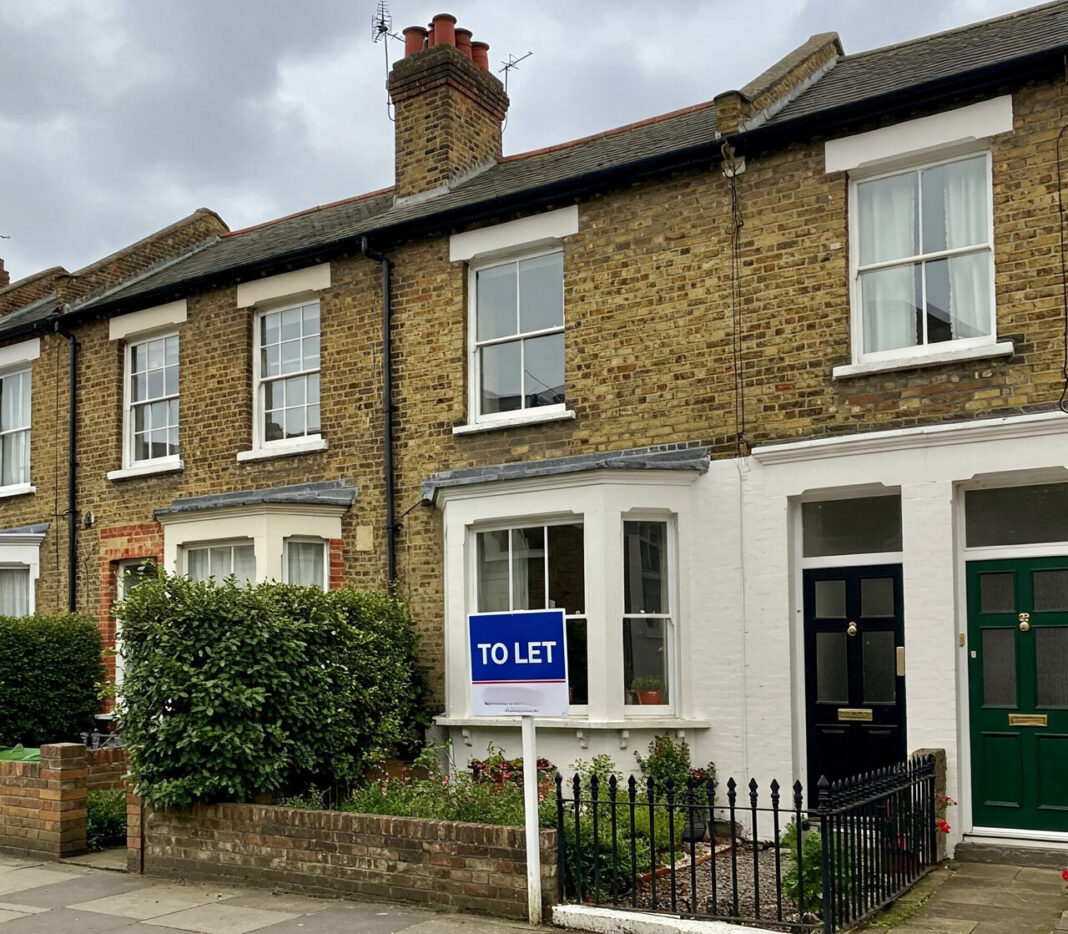New research suggests that the vast majority of privately rented homes in England already meet the government’s proposed Decent Homes Standard (DHS), with only one in five likely to require improvements under forthcoming regulation.
Analysis from tenancy services firm FCC Paragon, based on government data, indicates that 79% of rental properties currently exceed the minimum threshold set out in the Decent Homes Standard – part of the proposed Renters’ Rights Bill (RRB).
The standard aims to ensure all privately rented properties are “safe and decent” and marks the first time it will be formally extended to the private rental sector.
While some landlords have expressed concern about the cost of compliance, the figures offer reassurance that most will not face significant new obligations.
FIT FOR PURPOSE

Bekki Leaves, Managing Director of FCC Paragon, says: “Nobody can argue that the introduction of a Decent Homes Standard is anything but a positive move for the UK rental market and it will help ensure that all landlords provide a home fit for purpose, with functioning heating, working facilities, and an absence of dangerous hazards”
“The good news is that the vast majority of landlords are already providing quality homes and won’t need to make upgrades to their properties because they already surpass this new minimum standard.”
REGIONAL VARIATIONS
London leads in rental quality, with just 11.6% of properties in the capital falling below the proposed standard. In contrast, non-compliance is more prevalent in parts of the North and Midlands, with 31% of homes in the North West and 27% in Yorkshire and the Humber falling short.
The East Midlands and South West also show higher proportions, at 26.4% and 25.7%, respectively.
Under the DHS criteria, a home must be in a reasonable state of repair, have reasonably modern facilities, provide thermal comfort, and be free of serious health hazards as defined by the Housing Health and Safety Rating System (HHSRS).
Category 1 hazards include risks such as mould, extreme temperatures, asbestos, and unsafe stairs or flooring.
COMPLIANCE IS KEY
Leaves adds: “For those who aren’t [compliant], compliance is key, as if they fail to do so, the DHS gives local councils a range of mechanisms to uphold the standard, such as strict timeframes within which to improve the standard of their properties.
“Landlords who fail to comply with this council action can be fined up to £7,000, forced to repay rent to impacted tenants, and even face criminal prosecution.”
The government has yet to confirm when the Decent Homes Standard will be formally introduced, but its inclusion in the RRB signals an increased regulatory focus on housing quality across the private sector.









